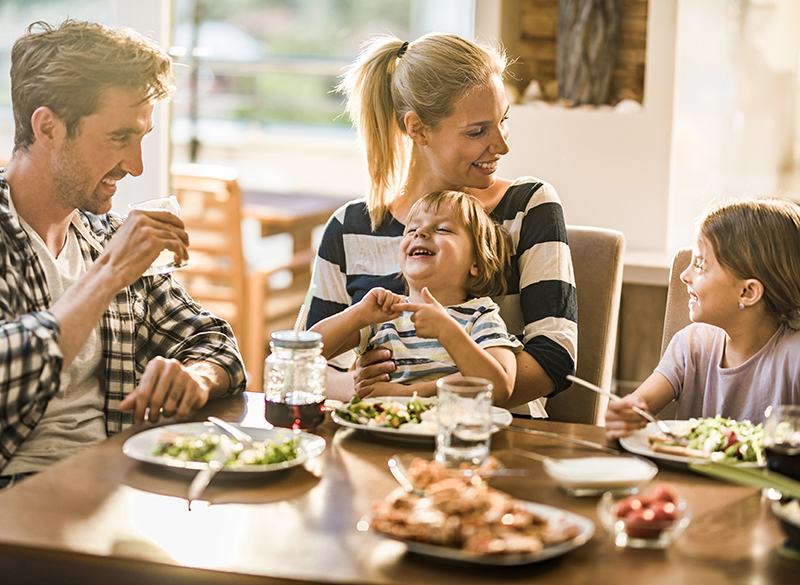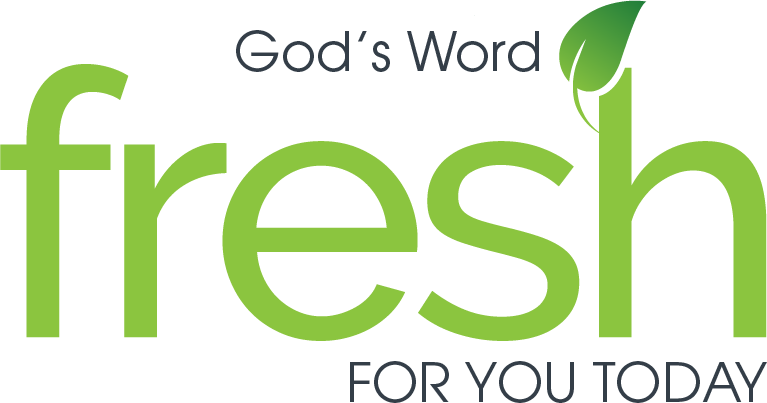Episode 1. Roast Lamb

Listen to the radio broadcast
Download audio file
One of my absolute favourite meals is roast lamb. Fabulous. And it turns out that roast lamb has a whole lot more to do with Easter than chocolate eggs and Easter bunnies. But what’s it mean …
One of my absolute favourite meals is roast lamb. Fabulous. And it turns out that roast lamb has a whole lot more to do with Easter than chocolate eggs and Easter bunnies. But what’s it mean and why is it important?
One of my absolute favourite meals is roast lamb. You know, you take this leg of lamb and you throw it in the oven with some herbs and then you slow roast it on a low heat for 3 or 4 hours. And it comes out so tender, falling apart, it just melts in your mouth. And the juices, you kind of pour them over the meat, they run over on the plate and you dunk some bread in them to soak them up. You getting the picture here? Roast lamb. What a fantastic meal.
And as it turns out, roast lamb has a whole bunch more to do with Easter, the Easter we’ve just celebrated, than chocolate Easter eggs. Or those painted hard-boiled eggs we used to do when I was a kid. And we’re taking a look at Easter again this week because Easter’s a time we’re supposed to remember. Remember that amazing gift of grace that happened when Jesus died for us, for you and me, on that cross to pay for our sin.
Maybe that word ‘sin’ jars with you. But it’s the word that God uses to describe that consistent human trait of turning our backs on Him. And Easter, as we saw last week, that very first Easter happened at the time of the celebration of the Jewish Passover Festival. And that was the time of year that they ate roast lamb. Turns out, there was a reason for that.
Of course, the Jewish Passover Festival that thousands of people had crammed into Jerusalem to celebrate on that first Easter. It was the festival that the disciples and Jesus celebrated with that traditional Passover meal at the Last Supper.
This festival goes back 1300 years before Jesus. When Israel was slaves in Egypt and God sent the plagues over Egypt to convince Pharaoh to let God’s people go. And the last plague was the death of the first-born in every household of Egypt. This is how this plague passed over Israel:
God said, ‘Tell the whole congregation of Israel that on the tenth day of this month, they are to take a lamb, a lamb for each household. If the household’s too small for a lamb then join with the closest household and the lamb will be divided in proportion to the number of people who eat it. Your lamb will be without blemish, a year old male. You may take it from the sheep or from the goats. You shall keep it until the fourteenth day of this month. Then the whole assembled congregation of Israel shall slaughter it at twilight. They shall take some of the blood and put it on the door posts and the lintel of the houses in which they eat it.
They shall eat the lamb that same night. They shall eat it roasted over the fire with unleavened bread and bitter herbs. Do not eat any of it raw or boiled in water but roasted over the fire with its head, it’s legs and its inner organs. You shall let none of it remain until the morning, anything that remains you shall burn. It shall be eaten in one house. You shall not take any of the animal outside the house and you shall not break any of its bones.’
It all seems a bit weird to us but back then all the nations had their God’s and invariably they executed blood sacrifice of animals as part of their worship. In the case of Israel though, it wasn’t about appeasing God but rather making sacrifices for their sins to be forgiven.
And here, God taps into this tradition in a very special way. He gets them to kill this lamb and take the blood and paint it on the door posts. The doors the place where you come in and out. It’s the symbol of freedom. And God passes over the Israelites houses and they don’t suffer the loss of their first-born in the way the Egyptians do.
They eat the lamb, roasted with bitter herbs. They’ve painted blood on the door and this is an act of faith in painting the blood. And then consuming the sacrifice so that it, very literally, becomes part of you.
And so it is, when Jesus comes 1300 years later. John the Baptist cries out, “Behold look, here is the Lamb of God who takes away the sins of the world.” See Easter is about doing away with the sacrifice of lambs and having the Lamb of God. God’s only Son dying once and for all, the final sacrifice.
Now the blood thing is all a bit gruesome to us but its rich symbolism to the Jews of that day. We’re happy to take the roast lamb, a delight to eat. And that’s what God uses here – a lamb. Because Easter, the message of Easter, is the message that the lamb was slain for you and me and it’s a delight to consume. You see the rich symbolism in this?
The lamb of the Passover in 1270 BC was a sacrifice that set the Israelites free from slavery in Egypt. And here, the Lamb of God, that first Easter, Jesus, is a sacrifice that sets you and me free from the slavery of our sin. All we have to do is consume it. To swallow it. To believe it. And just to make sure that we don’t miss this connection between the Lamb of God on the cross and the Passover, it’s there to the finest detail.
Have a listen, in Exodus chapter 12, verse 46. It says, ‘The lamb will be eaten in one house. You won’t take any of the animal outside the house and you shall not break any of its bones.’ Right, remember that. Now let’s look at an account of the crucifixion of the Lamb of God, Jesus, 1300 years later in the 1st century AD, on the cross:
When Jesus had received the wine He said, ‘It is finished.’ Then He bowed His head and gave us His Spirit. Since it was the day of preparation, the Jews did not want the bodies left on the cross during the Sabbath especially because that Sabbath was the day of great solemnity. So they asked Pilate to have the legs of the crucified men broken and the bodies removed. Then the soldiers came and broke the legs of the first and of the other who had been crucified with Him but when they came to Jesus and saw He was already dead, they did not break His legs. Instead one of the soldiers pierced His side with a spear and at once water and blood came out.
Do you see this? Jesus legs, His bones, were not broken. Just like the Passover lamb 1300 years before. You can’t miss it.
I want to share something with you today. Maybe all this talk of sacrifice and men being crucified and blood and broken bones makes us a bit squeamish. But strip all that back and this is what you have. Jesus the Son of God, the Creator of the universe becomes a man. He humbles Himself like a lamb. Can you get any lower than that? And then He allows Himself to be falsely accused and crucified, nailed to a cross.
This is an ugly message. It’s a brutal message. But at the heart of this message is the message of the most amazing grace. You and I, we know that we’ve done some bad stuff in our lives. We have. And when you stop and you think about it, you have to front up to God on that day of judgement, one day and explain yourself. You realise of course you’re in serious trouble. And the only way we can avoid the punishment for our sins and eternity, that’s forever, separated from God in hell. The only way is to put our faith in the Lamb of God who came to take away the sins of the world.
One day, when I stand before God on that day and the devil comes to accuse me of this and of that, all the stuff I did. I’ll look my God in the face and say, “Yes Lord, I did all those things and that’s why I believe in Jesus. The Jesus who died for my sin and rose again to give me eternal life.”
That’s why I believe in the Lamb of God who came to take away the sins of the world and God, God is a God of His word. His word says that, “whoever believes in this Jesus will be saved.” That’s what Easter’s about. That’s it!










Comments